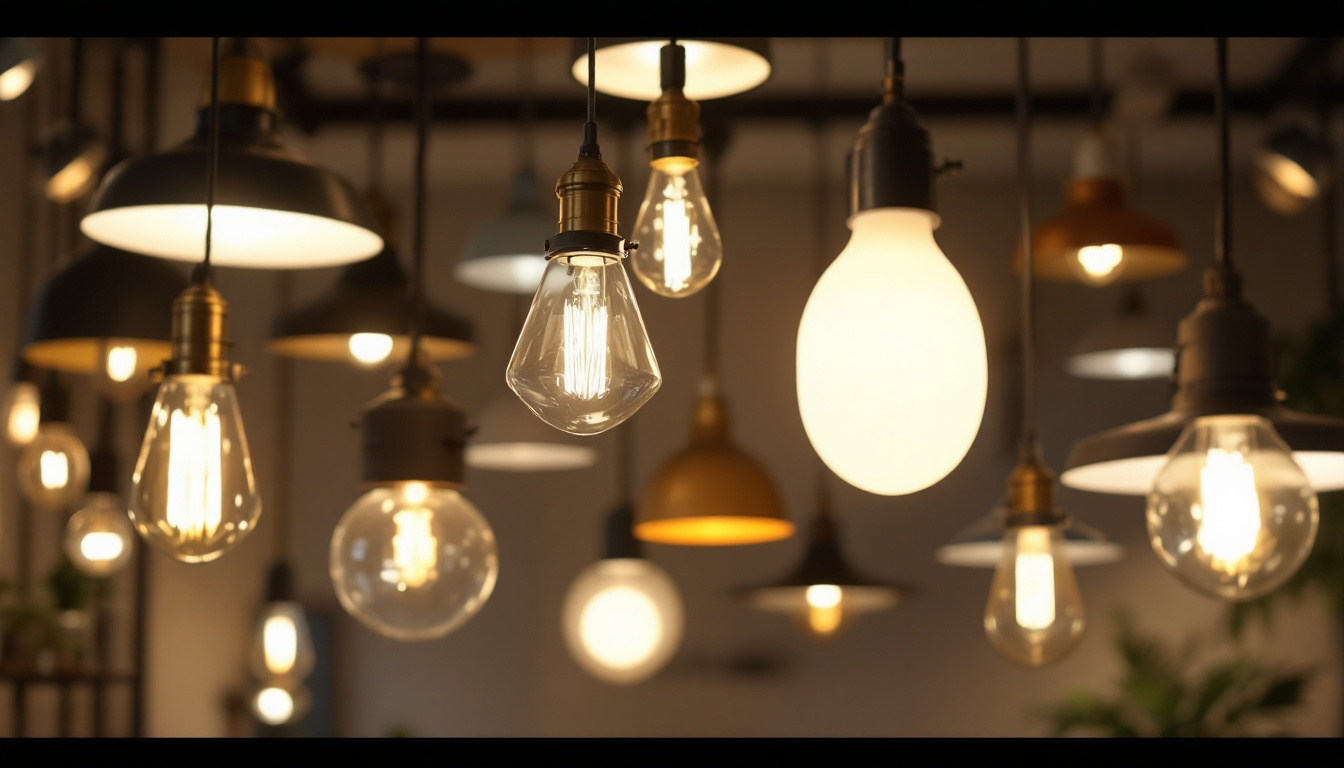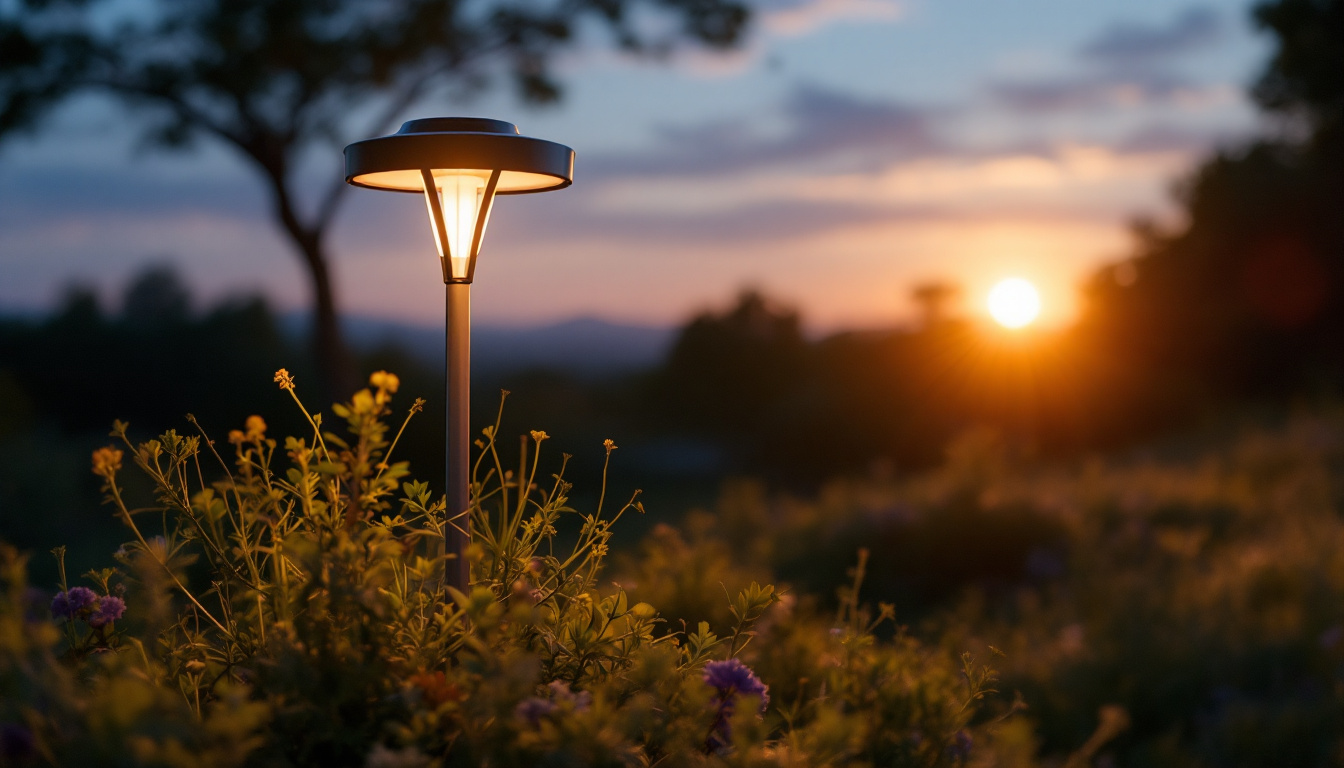
Lighting is a crucial aspect of any construction or renovation project, and understanding the various types of light fixtures available can significantly enhance the quality of work provided by lighting contractors. This article delves into the different categories of light fixtures, their applications, and essential considerations for contractors in the field.
Light fixtures serve as the foundation of any lighting design, providing not only illumination but also style and functionality. They come in various shapes, sizes, and types, each designed to fulfill specific needs. A thorough understanding of these fixtures enables lighting contractors to make informed decisions that align with client expectations and project requirements.
Light fixtures can be broadly categorized into several types, including ambient, task, and accent lighting. Each category serves a distinct purpose and contributes to the overall lighting scheme of a space.
Ambient lighting provides general illumination, ensuring that spaces are well-lit and comfortable for everyday activities. Task lighting, on the other hand, is focused lighting that helps individuals perform specific tasks, such as reading or cooking. Lastly, accent lighting is used to highlight particular features or areas, adding depth and interest to a room.
Within these categories, there are various types of fixtures, including chandeliers, pendant lights, wall sconces, recessed lighting, and track lighting. Each type has unique characteristics that make it suitable for different environments.
For instance, chandeliers are often used in dining rooms or entryways to create a focal point, while recessed lighting is ideal for providing a clean, unobtrusive look in modern spaces. Understanding these distinctions helps contractors recommend the right fixtures for their clients’ needs.
Moreover, the choice of materials and finishes can greatly influence the overall aesthetic of a light fixture. For example, fixtures made from metals like brass or chrome can impart a sleek, contemporary feel, while those crafted from wood or glass may evoke a more rustic or vintage ambiance. Additionally, energy efficiency has become a significant consideration in fixture selection, with many opting for LED options that not only reduce energy consumption but also offer a longer lifespan compared to traditional bulbs. This shift not only benefits the environment but also aligns with the growing trend of sustainable design, making it essential for contractors to stay informed about the latest advancements in lighting technology.
Furthermore, the placement of light fixtures plays a crucial role in achieving the desired effect. For example, strategically positioning wall sconces at eye level can create a warm, inviting atmosphere, while using pendant lights over kitchen islands can enhance functionality and style simultaneously. Understanding the interplay between fixture type, placement, and the overall design theme of a space allows contractors to create cohesive and visually appealing lighting solutions that meet their clients’ specific needs and preferences.
When selecting light fixtures for a project, contractors must consider several factors that can influence the effectiveness and aesthetic appeal of the lighting design. These factors include the purpose of the space, the desired ambiance, energy efficiency, and the overall design style.
The intended use of a space plays a significant role in determining the appropriate lighting fixtures. For example, a workspace requires bright, focused lighting to enhance productivity, while a living room may benefit from softer, more ambient lighting to create a cozy atmosphere.
Contractors should assess the functionality of each area and recommend fixtures that cater to those specific needs. This tailored approach ensures that the lighting not only looks good but also serves its intended purpose effectively. Additionally, it is important to consider the activities that will take place in each space. For instance, kitchens and dining areas may require adjustable lighting to accommodate different tasks such as cooking, eating, and entertaining. By providing versatile lighting solutions, contractors can enhance the usability of these spaces while also ensuring that they remain visually appealing.
The ambiance of a space can dramatically affect how it feels and how people interact within it. Lighting contractors should work closely with clients to understand their vision and the mood they want to create. This may involve selecting fixtures that provide warm or cool light, depending on the desired atmosphere.
For instance, warm lighting can create a welcoming and intimate environment, while cooler tones may be more suitable for modern or minimalist designs. By aligning the lighting choices with the client’s vision, contractors can enhance the overall experience of the space. Furthermore, the integration of dimmers and smart lighting systems can allow for greater flexibility in adjusting the ambiance throughout the day or for different occasions. This adaptability not only adds functionality but also allows clients to personalize their environments, making them feel more at home. Additionally, considering the use of layered lighting—combining ambient, task, and accent lighting—can further enrich the atmosphere, providing depth and dimension to the overall design. This multifaceted approach ensures that each area is not only well-lit but also visually captivating, enhancing the overall appeal of the space.
In today’s environmentally conscious world, energy efficiency is a critical consideration for lighting contractors. Choosing fixtures that are energy-efficient not only reduces utility costs but also contributes to a more sustainable future.
LED lighting has gained popularity due to its longevity and energy efficiency. Unlike traditional incandescent bulbs, LEDs consume significantly less power and have a much longer lifespan, making them a cost-effective choice in the long run.
Contractors should educate clients about the benefits of LED fixtures and consider incorporating them into their designs whenever possible. This not only helps clients save money but also aligns with current trends toward sustainability.
Smart lighting systems are another innovative option that contractors should consider. These systems allow users to control their lighting remotely, adjust brightness, and even change colors through smartphone apps or voice commands.
By integrating smart lighting solutions into a project, contractors can offer clients enhanced convenience and energy savings. Additionally, these systems can be programmed to optimize energy usage, further contributing to sustainability efforts.
The style of light fixtures can significantly impact the overall design of a space. Contractors must be aware of current design trends and how different fixtures can complement or contrast with the existing decor.
Traditional light fixtures often feature ornate designs and classic materials, making them suitable for spaces with a vintage or rustic aesthetic. In contrast, modern fixtures tend to have sleek lines and minimalist designs, appealing to contemporary tastes.
Contractors should consider the architectural style of the building and the preferences of the client when selecting fixtures. By harmonizing the lighting with the overall design, contractors can create a cohesive and visually appealing environment.
Customization is another aspect that can set a contractor apart from the competition. Many manufacturers offer customizable light fixtures, allowing contractors to tailor designs to meet specific client needs.
Whether it’s selecting unique finishes, adjusting sizes, or integrating specific features, customization can enhance the overall satisfaction of clients. Contractors should explore these options and present them to clients as part of their design proposals.
Proper installation is critical to the performance and safety of light fixtures. Lighting contractors must adhere to local building codes and safety standards to ensure that the fixtures are installed correctly and function as intended.
Before installation, contractors should assess the existing wiring and electrical requirements of the space. This includes determining whether the current electrical system can support the new fixtures and making any necessary upgrades.
Additionally, understanding the wattage and voltage requirements of the chosen fixtures is essential to avoid potential hazards. Contractors should always prioritize safety and compliance during the installation process.
The placement of light fixtures can greatly influence their effectiveness. Contractors should consider factors such as ceiling height, room dimensions, and furniture layout when determining where to install fixtures.
For example, recessed lighting should be spaced appropriately to avoid dark spots, while pendant lights should hang at a height that provides adequate illumination without obstructing views. Thoughtful placement ensures that the lighting enhances the functionality and aesthetics of the space.
Educating clients about the maintenance and longevity of light fixtures is an important aspect of a contractor’s role. Proper care can extend the life of fixtures and ensure they continue to perform well over time.
Different types of fixtures require varying levels of maintenance. For instance, chandeliers may need regular dusting and occasional bulb replacement, while recessed lights may require less frequent attention. Contractors should provide clients with clear maintenance guidelines tailored to the specific fixtures installed.
Additionally, advising clients on the best cleaning products and techniques can help preserve the appearance and functionality of the fixtures. This proactive approach can enhance client satisfaction and reduce the likelihood of issues arising in the future.
As technology and design trends evolve, clients may wish to upgrade their fixtures over time. Contractors should remain informed about new products and innovations in the lighting industry, enabling them to offer valuable recommendations when clients are ready to make changes.
By establishing a long-term relationship with clients, contractors can position themselves as trusted advisors for future lighting needs, fostering ongoing business opportunities.
Understanding the different types of light fixtures and their applications is essential for lighting contractors aiming to deliver exceptional service. By considering factors such as the purpose of the space, desired ambiance, energy efficiency, style, installation, and maintenance, contractors can create lighting solutions that meet and exceed client expectations.
As the lighting industry continues to evolve, staying informed about the latest trends and technologies will empower contractors to provide innovative and effective lighting designs. Ultimately, a well-executed lighting plan not only enhances the aesthetics of a space but also improves its functionality, contributing to the overall satisfaction of clients.
Ready to elevate your lighting projects with the finest selection of fixtures? At LumenWholesale, we provide lighting contractors with the ultimate resource for high-quality, spec-grade lighting products at exceptional wholesale prices. Say goodbye to local distributor markups and hello to a vast array of reliable, high-performance lighting that meets the most rigorous industry standards. With free shipping on bulk orders, you can stock up on premium lighting solutions without worrying about hidden fees or compromises. Don’t miss out on the perfect combination of quality, affordability, and convenience. Discover wholesale lighting at the best value today and bring your lighting designs to life with LumenWholesale.

Discover the essential checklist for lighting contractors working with solar-powered lamps.

Discover the top strategies lighting contractors use with 3-way toggle switches to enhance functionality and aesthetics in residential and commercial spaces.

Discover the essential best practices for lighting contractors in “Exit Signs Illuminated.” This article delves into innovative strategies and expert tips for installing and maintaining effective exit signage, ensuring safety and compliance in any building.

Discover how incorporating 3 recessed LED lighting solutions can boost your contracting business.